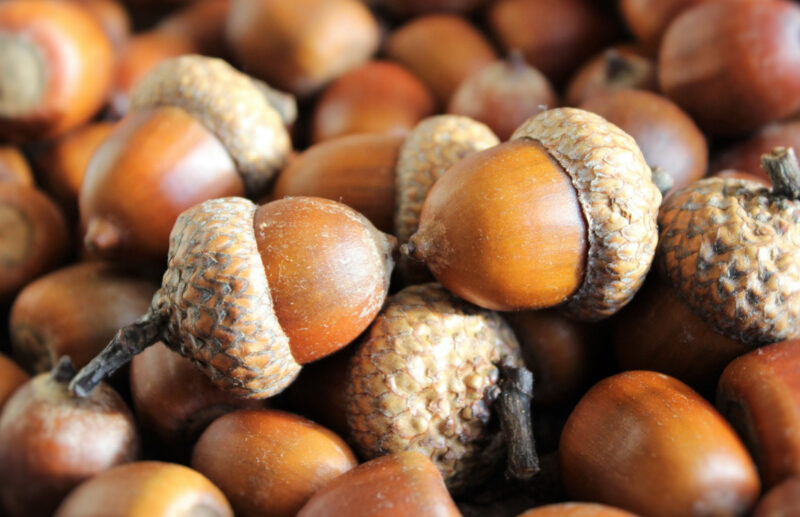Are Cicadas Harmful To Dogs? How To Survive Brood X With Dogs

If you live in the Mideastern or Eastern states, you and your pets are in for an exciting summer. From May through June, billions of cicadas will emerge from underground burrows after 17 years of dormancy to mate and lay eggs in tree branches.
Cicadas are slow, loud, and clumsy, making them easy prey for dogs and cats. Even if your pet doesn’t normally take down extra-small game, they might surprise you by bagging a cicada this summer. Fortunately, cicadas are unlikely to harm your pet, even if eaten.
Are Cicadas A Danger To Pets?
Cicadas do not sting, nor do they have venom. In fact, for many members of the animal kingdom, like raccoons, opossums, and snakes, cicada season is a month-long buffet.
Even humans eat cicadas. Roasted, stir-fried, or dipped in chocolate, cicadas are made into low-carb, high-protein dishes in many parts of the world. Their flavor has been compared to that of shrimp.
So, even with their crunchy exoskeleton, cicadas are relatively safe for your pets to eat. In large amounts, though, they can irritate your pet’s stomach lining and cause gastric upset.
Like any unusual food, cicadas can pose a choking hazard if swallowed whole and may cause vomiting and diarrhea in some pets. Cicadas are related to shrimp and lobster and can cause an allergic reaction in pets and individuals who are allergic to seafood.
If your pet shows signs of distress, consult your veterinarian for advice.
How To Keep Cicadas Out Of Your Yard
If you’d like to keep your dog’s cicada-hunting to a minimum, you can keep the singing insects at bay by hosing off trees or shrubs before letting your dog out.
Avoid using chemical insecticides, as they are not typically effective against the swarms of cicadas that travel into your yard from other locations. Plus, pesticide-laden cicadas will be more hazardous for your pets if they are eaten.
While cicadas do not typically invade homes, they can end up indoors on occasion. Use screens to keep them from flying through open windows.
Staying Away From Cicadas On Walks
Nymphs, or baby cicadas, burrow in the ground and nibble on roots. As adults, they seek out trees and shrubs with thin branches, as they’re prime for laying eggs. This summer, where there are trees, there will be cicadas. While cicadas are active, avoid taking your dog for walks in forests and other wooded areas. Beaches, fields, and other open areas are cicada no-fly-zones.





